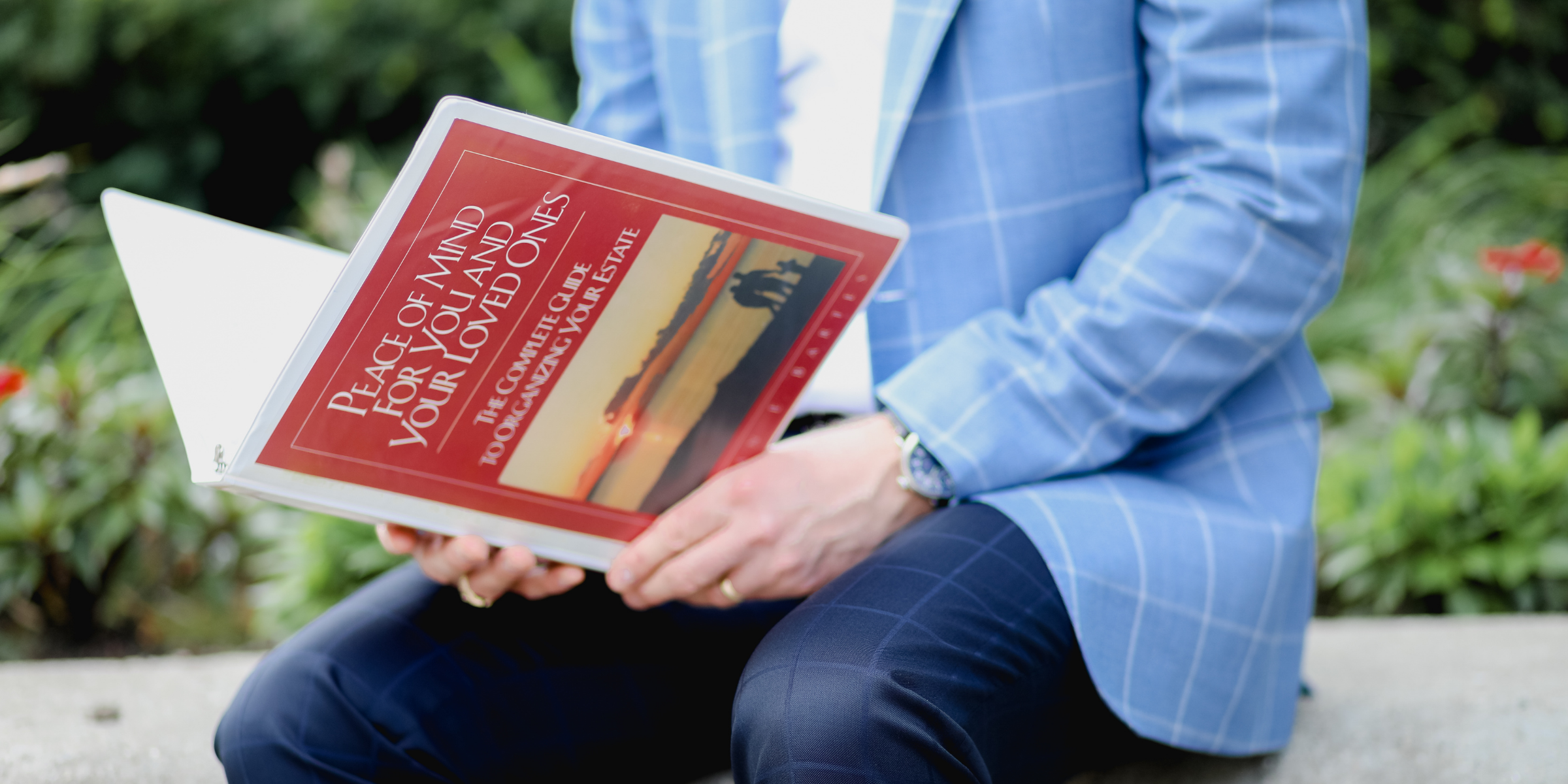The Paradox of Affluence
We live in a world where we have more affluence than ever before, and yet most people are less satisfied than ever before. Our culture has caused people to continually want more, regardless of how much they already have. The media perpetuates these unrealistic desires, with its constant “give me more” messaging.
Unfortunately, this is a no-win situation. As long as we continue to desire the latest and greatest cell phones, computers, cars, and clothes, we will never be able to satiate our desires. As long as we perceive there’s something better around the next corner, we can never be happy with what we already have.
Television, the advertising industry, and today’s popular culture make it very difficult to keep priorities in the right order. But it is possible to do so. For me, the distinction is found in this phrase:
“Learn to be happy with what you have, while you pursue all you want.”
Most people have no trouble whatsoever with the latter part of that phrase. They know how to “pursue” the things they want. But once they have what they’ve so tirelessly pursued, they don’t know how to be happy with it. They become caught up in the notion that there’s still something better out there.
So how do you break this cycle? Well, like any change, a change of attitude is best achieved with lots of practice. If you make a conscious effort to be happy and content, your efforts will turn into a habit.
Studies suggest that the way you act significantly affects the way you feel. People who act confident in a job interview, even if they feel insecure inside, end up feeling confident. People who smile eventually end up feeling happy. The same thing goes for gratitude. If you act grateful and content, eventually you’ll feel grateful and content.
In her book, The How of Happiness: A Scientific Approach to Getting the Life You Want, research psychologist and University of California professor of Psychology, Sonja Lyubomirsky, describes more than a dozen uniquely formulated strategies to increase happiness. What’s her Happiness Activity #1? Expressing gratitude.
The first step in learning to be happy with what you have is to consciously express gratitude. Starting today, make an effort to do the following things:
• Catch people doing things well. Most people are quick to notice inferiority – when our kids don’t get the grades we expect, when someone at work isn’t performing up to expectations, when service in a restaurant is below what we expect.
Most people aren’t as quick to catch people exceeding expectations. And even if they notice it, they tend not to praise superior behavior. Whether we realize it or not, this has serious ramifications for our society. For example, in a survey cited by Fast Company magazine, in which 10,000 employees from the 1,000 largest companies were interviewed, 40% of workers cited “lack of recognition” as the primary reason for leaving a job.
Starting today, make a point of “catching” people exceeding expectations – and praise them for doing so. Instead of complaining about your flight being delayed, praise the actions of the crew that served you during the flight, and delivered you safely to your destination. Whenever you feel like complaining about something, look for something to be grateful for instead.
• Make “thank you” a regular part of your life. “Thank you” is such a simple phrase – two little words – yet it’s one we often forget. It’s so easy to say, and it can have a wonderfully positive impact on the recipient. Incorporate the words “thank you” into your vocabulary, and into your life.
One way to make “thank you” a regular part of your life is by sending thank you notes – for everything. It’s an absolute “must” to send a thank you note whenever you receive a gift from someone. Go above and beyond, though, and send a note for reasons that are less obvious, and maybe even unexpected. It only takes a few minutes, but the effect lasts a long time.
• Write gratitude letters. If you really want to take “thank you” to the next level, then writing letters of gratitude is the way to go. Make a list of all the people who have made a difference in your life – the teacher who instilled in you the love of reading, the coach whose belief in you helped you achieve the next level, the friend who gave you some advice that changed your life.
Once a week or so, write a letter to someone on your list. Thank that person for the specific reason they are on your list. Then mail or deliver the letter. Your expression of gratitude will be appreciated by the recipient, and it will make you feel pretty good, too.
• Keep a “gratitude journal.” This can be a fancy hardcover book, or a simple spiral-bound notebook. Commit to a regular writing time – either once a day or once a week – and write down three to five things that you are grateful for.
Keeping a gratitude journal only takes a couple of minutes, but it will give you a tremendous boost of happiness and joy. Try it, and notice how your gratitude for the blessings in life is enhanced!
As the Chinese philosopher Lao Tzu wrote more than 2,000 years ago:
“If you look to others for fulfillment, you will never truly be fulfilled.
If your happiness depends on money, you will never be happy with yourself.
Be content with what you have; rejoice in the way things are.
When you realize there is nothing lacking, the whole world belongs to you.”
Make the decision right now to thoroughly enjoy all that you have been blessed with. Be grateful, and express that gratitude regularly.
(Reprinted from Life Lessons: A Guide to Creating and Living Your Best Life, by Brian E. Bartes, 2011, Legacy Publishing Group.)





